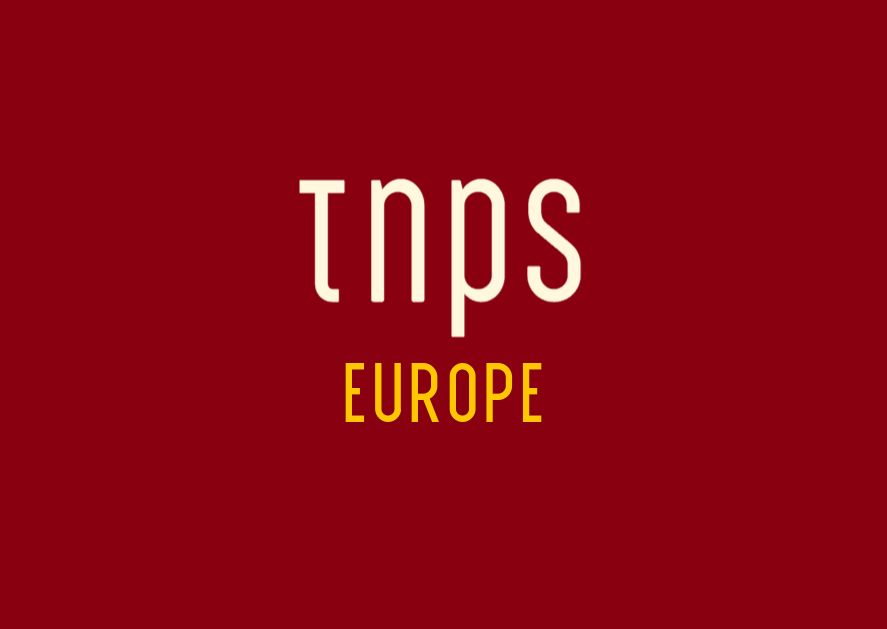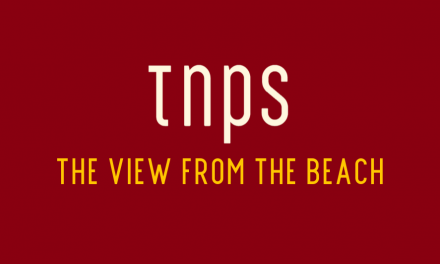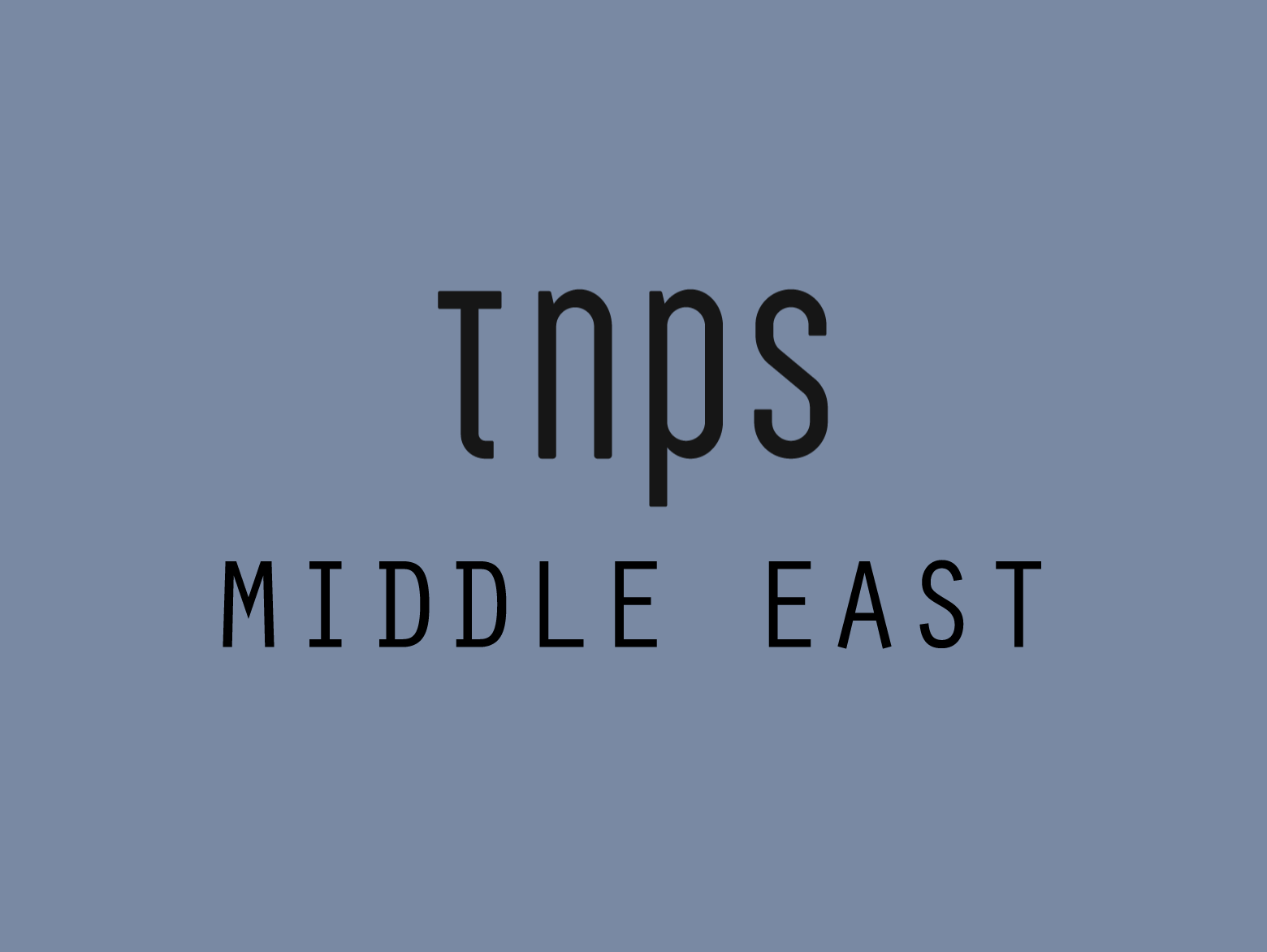An event like the 64th Belgrade International Book Fair is unlikely to get much international coverage even in a quiet period, let alone just days after Frankfurt.
That’s especially sad this year as author Milan Vitezovic has called for the return 5,000 Serbian medieval manuscripts currently abroad.
Asserting there are,
at least 5,000 Serbian medieval manuscripts in the world,
Vitezovic has a plan to bring the documents home over the next ten years, or failing that at least obtaining digital copies.
The appeal is likely received a sympathetic hearing from Haitham Al-Haj Ali, President of the General Egyptian Book Organization and director of the world’s largest book fair, the Cairo International.
Earlier this month in Cairo the 1st century BC coffin of Nedjemankh, a priest in the Ptolemaic Period, went on display at the National Museum of Egyptian Civilization in Cairo.
But as this year began the coffin was on display in the New York Metropolitan Museum of Art, which had in good faith bought the artifact from a Paris art dealer for $4 million in 2017.
It was returned to Egypt after evidence emerged that it was in fact stolen. (Let’s leave aside here the debate that that any ancient Egyptian artifact found outside Egypt is historically a stolen item.)
It’s perhaps a sad statement on the coverage of the Belgrade International Book Fair that the main news in English is about the manuscripts, not about the authors, publishers and events at the fair.

What we do know is that, with the slogan “Heads = Tails”, the Belgrade book fair, with about 500 exhibitors, of which only 60 are from outside the country, runs alongside the Belgrade Fair of Education and Teaching Tools taking place at the Belgrade Fair from 23 to 27 October.
The Belgrade book fair itself runs eight days from October 20 through 27, and 200,000 visitors are expected to attend some 600 events.
Participating countries include Bosnia and Herzegovina, Croatia, Montenegro, Turkey, Italy, Germany, Russia and China. Last year Morocco became the first Arab nation to participate, although Sharjah (UAE) had signed a partnership with the Serbia National Library in 2017.
While the western English language publishing media barely acknowledges the event’s existence, the Serbian Monitor gave us some pre-event details here and in more depth here.
One of the biggest publishers in Serbia, Laguna, with over 4,000 titles showcased at the event, has several guest authors, including American author David Vaughan as its exclusive guest.
The Serbian Monitor explains that Vaughan is,
one of the best representatives of contemporary American prose. He was born in the Aleutian Islands and spent his childhood in Ketchikan, Alaska. For twelve years, no agent wanted to publish his first book, “The Legend of Suicide”, so he decided to go to sea and he became a captain and shipbuilder. Once it was published, “The Legend of Suicide” won eleven awards, was translated into over twenty languages, became an international bestseller and was on the list of top sellers in eleven countries.
Such are the legends of publishing that keep authors glued to their keyboards.
We can turn to XinhuaNet in China for some English language coverage and photos.
Egypt Today offers us some insights in English into the Egyptian delegation at Belgrade.
And Iran’s Tehran Times tells us in English about a collaboration between the Serbian publishing house Službeni Glasnik and Iran’s Islamic Culture and Relations Organization to launch a Serbian translation of Iranian author Hushang Moradi Kermani’s bestseller “The Stories of Majid”. We are told an English translation is scheduled for UK release “in the near future.”
The opening speech from Milan Vitezovic and the Guest of Honour speech from Haitham Al-Haj Ali, President of the General Egyptian Book Organization, can be found in English on the Belgrade International Book Fair site.
Trying to follow on twitter (@bgdsajam) may prove less fruitful as at this time there is very little updating happening.
There’s slightly more action on the book fair Facebook page, but clearly the Serbian organisers ave yet to realise the value of social media, even in their own language, to help build interest in events like these.





